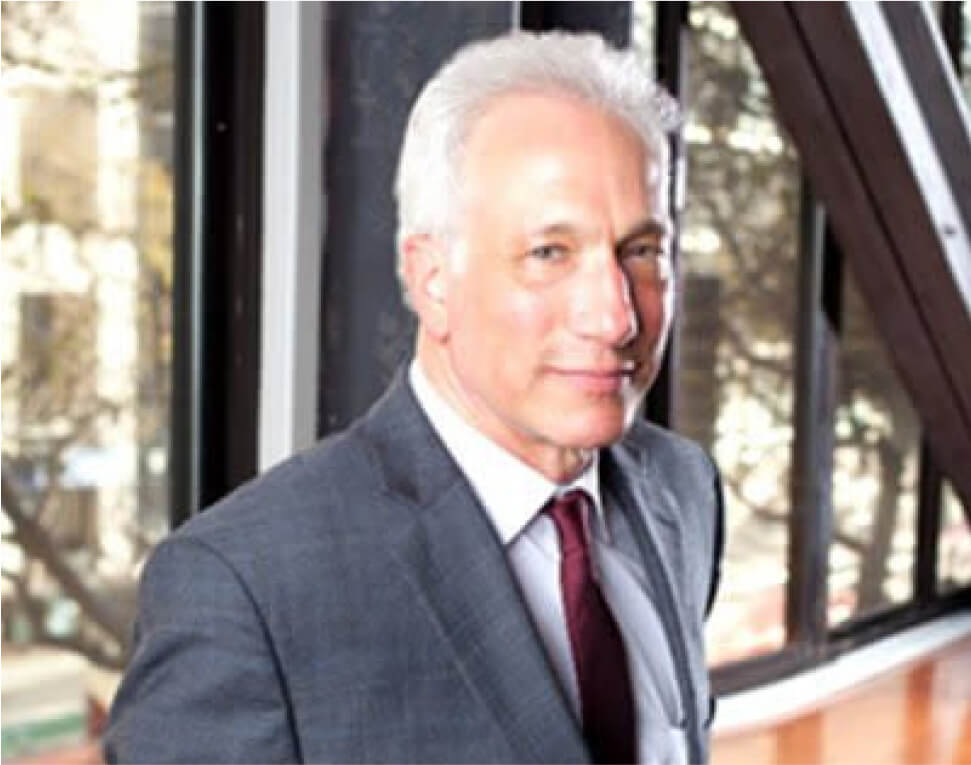Posted in Uncategorized
In an era dominated by social media, the way individuals engage with online platforms has far-reaching implications, even impacting the results of wrongful death cases. The ubiquitous nature of social media has transformed the landscape of legal proceedings, offering both opportunities and challenges for attorneys and their clients seeking justice for the loss of a loved one. One of the first things your wrongful death lawyer may tell you and your family is to take a break from your socials. Why? Our friends at the Law Firm of Edward Blinder, PLLC, explain how social media activity can negatively affect your claim.
Social Media And Wrongful Death Claims
Social media platforms, such as Facebook, Twitter, Instagram, and TikTok, have become virtual diaries where individuals document their lives, thoughts, and activities. While these platforms serve as a means of self-expression and connection, they can also play a pivotal role in the context of wrongful death claims.
One significant aspect of social media’s impact on wrongful death cases is the potential for evidence discovery. Attorneys on both sides of a case increasingly turn to social media to gather information that may be relevant to the circumstances surrounding the death. Posts, photos, and even location data can offer valuable insights into the lifestyle, relationships, and activities of the deceased, shedding light on potential contributing factors to the tragedy.
Challenges For Wrongful Death Lawyers
However, this double-edged sword also poses challenges for legal professionals. The authenticity and admissibility of social media evidence may be questioned, leading to disputes over its relevance and reliability in court. Ensuring the proper preservation of such evidence becomes crucial, as social media content can be deleted, modified, or restricted by privacy settings.
Grieving families may find their privacy invaded as opposing parties scour online profiles for information that could be used against them. Attorneys must navigate the delicate balance between respecting the grieving process and fulfilling their duty to build a comprehensive case.
Your Words, Used Against You
One significant consideration is the potential for social media posts to be misconstrued or taken out of context. Individuals often share moments of their lives without considering the legal ramifications, and these posts may be twisted to cast doubt on the claim or the credibility of the surviving family. Attorneys must carefully analyze and interpret social media content to present a nuanced and accurate representation in court.
On the flip side, social media is a valuable tool for plaintiffs. It can be used to establish the emotional impact of the loss, demonstrating the profound impact on the family’s well-being. Thoughtful, carefully curated content humanizes the deceased, helping judges and juries connect with the personal aspects of the case beyond the legal intricacies.
Legal Guidance For Smart Social Media Use
Attorneys must counsel their clients on responsible social media use during legal proceedings. Advising against discussing the case, sharing sensitive information, or engaging in online disputes can help protect the integrity of the case. Additionally, attorneys may explore the possibility of requesting the opposing party to preserve relevant social media content to prevent spoliation of evidence.
Wrongful death lawyers must adapt their strategies to leverage the potential benefits while mitigating the risks associated with the digital age. By understanding the nuances of social media’s impact, legal professionals can address these challenges to ensure a fair and just resolution for families seeking justice in the aftermath of a wrongful death.
